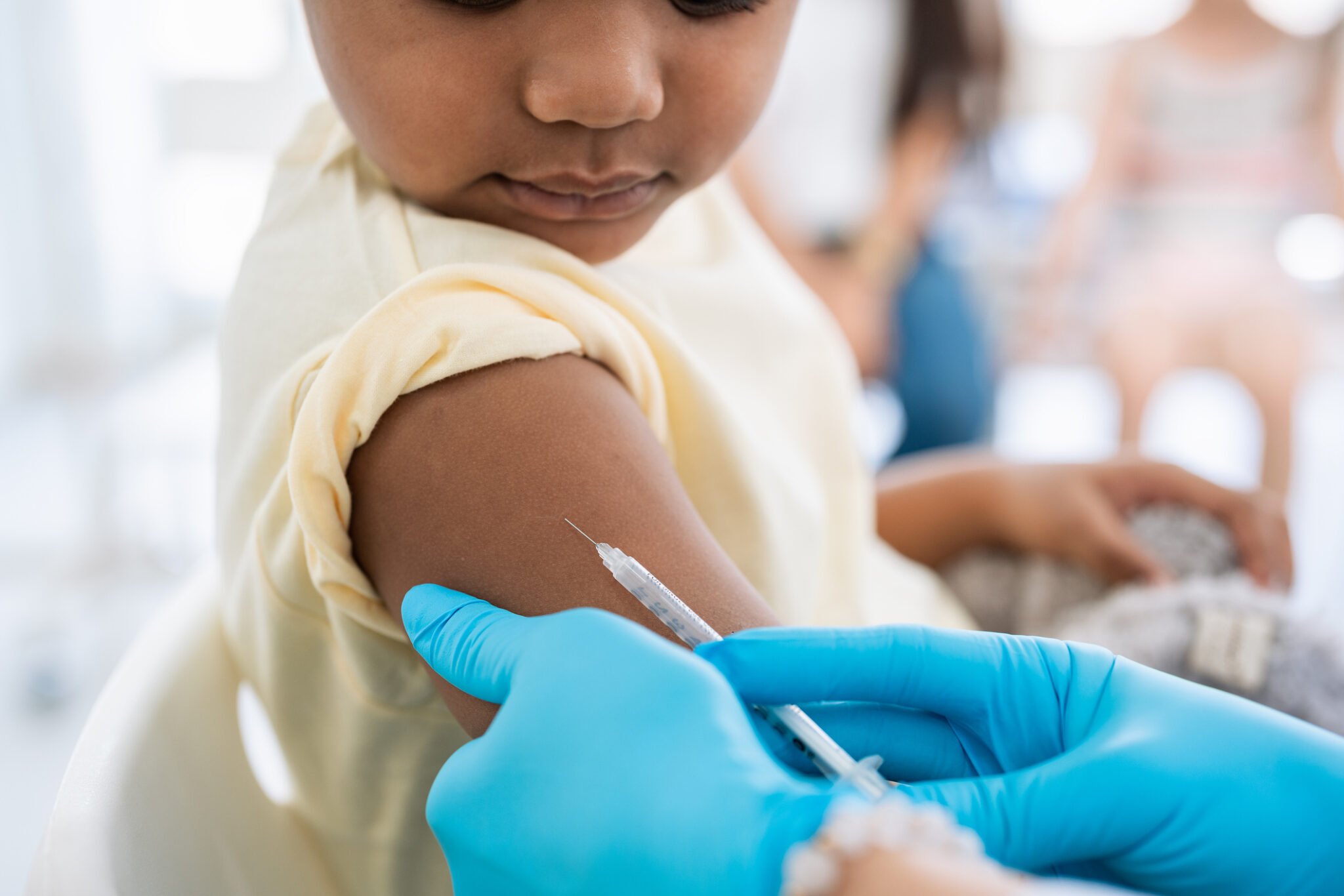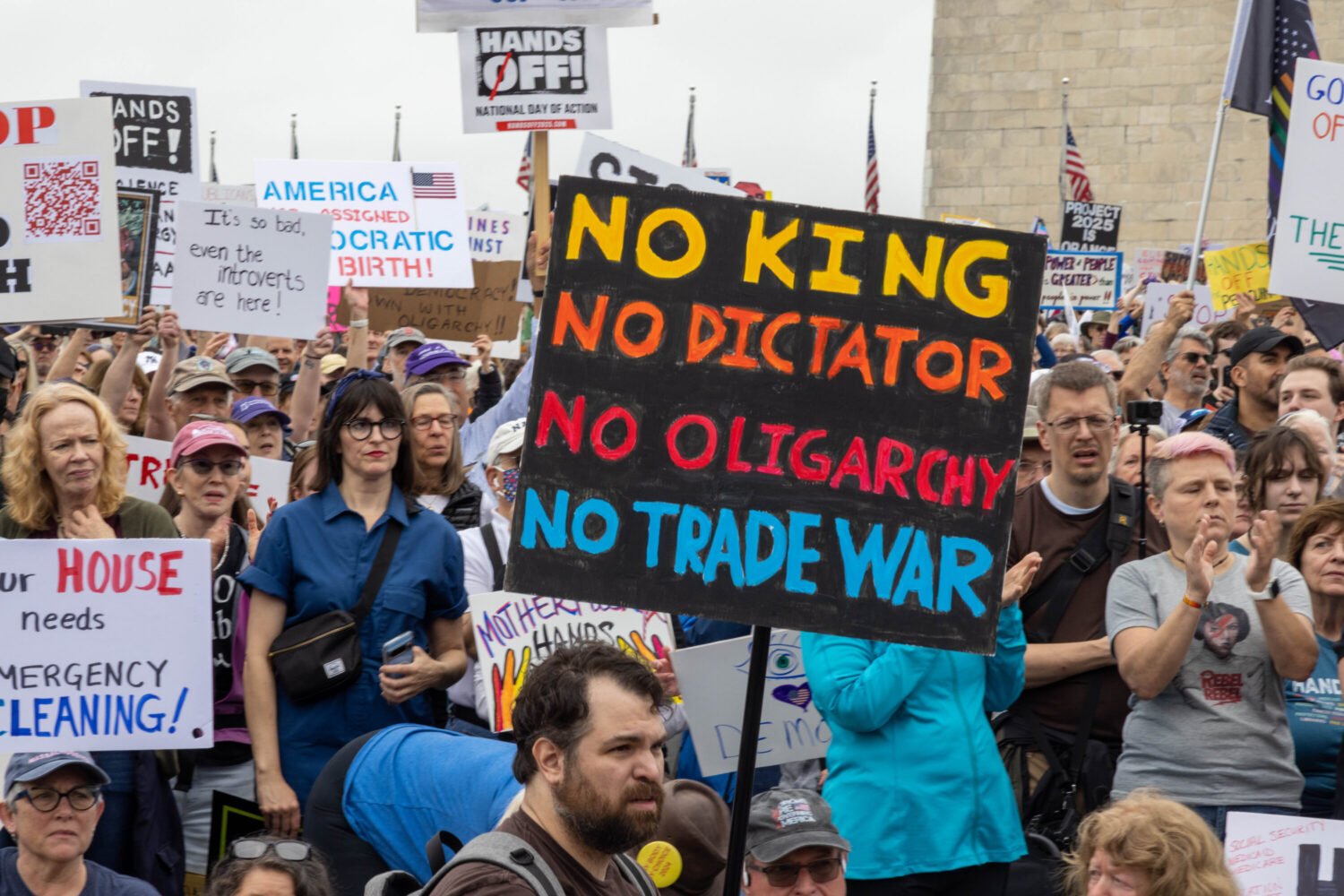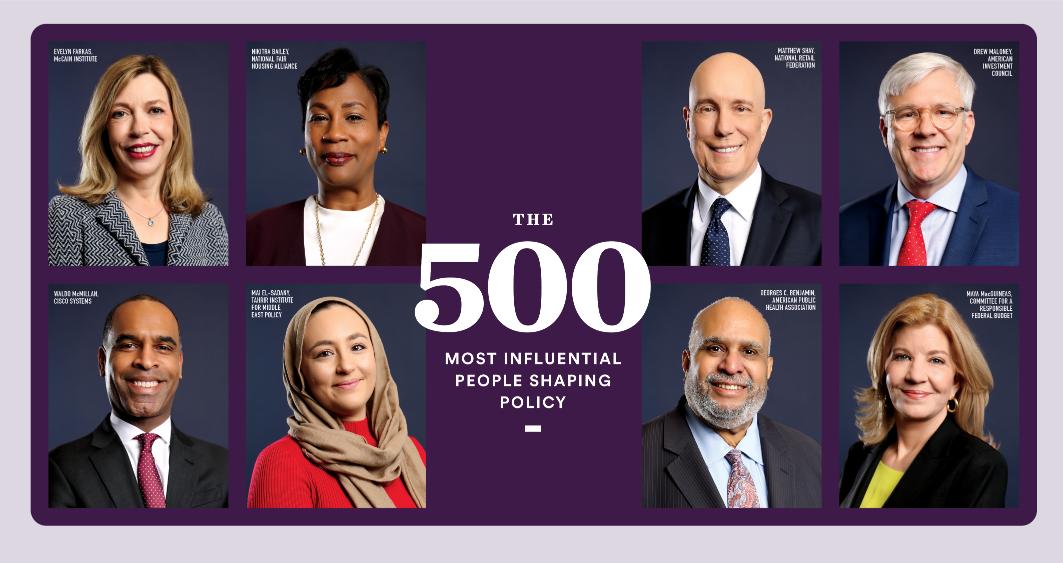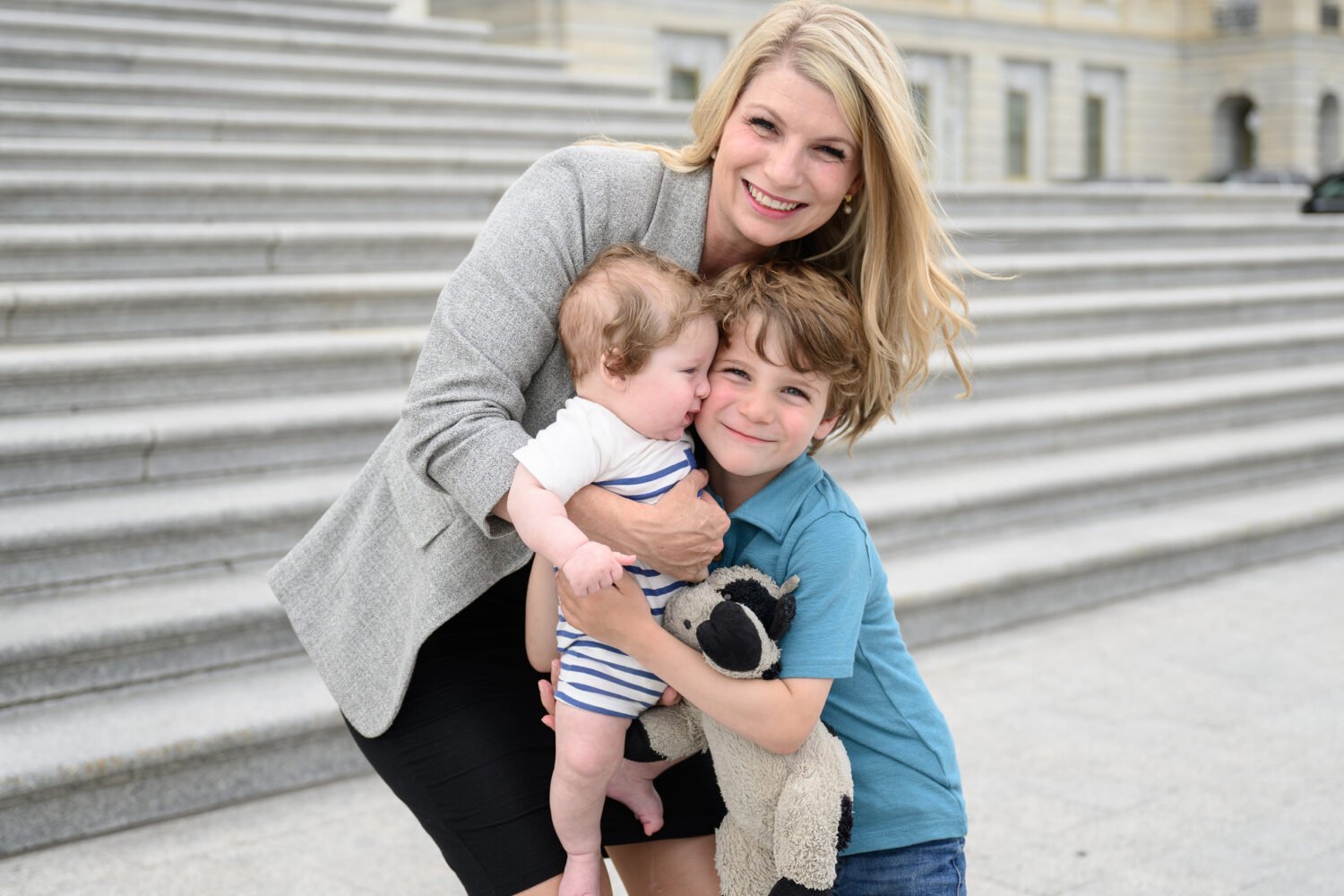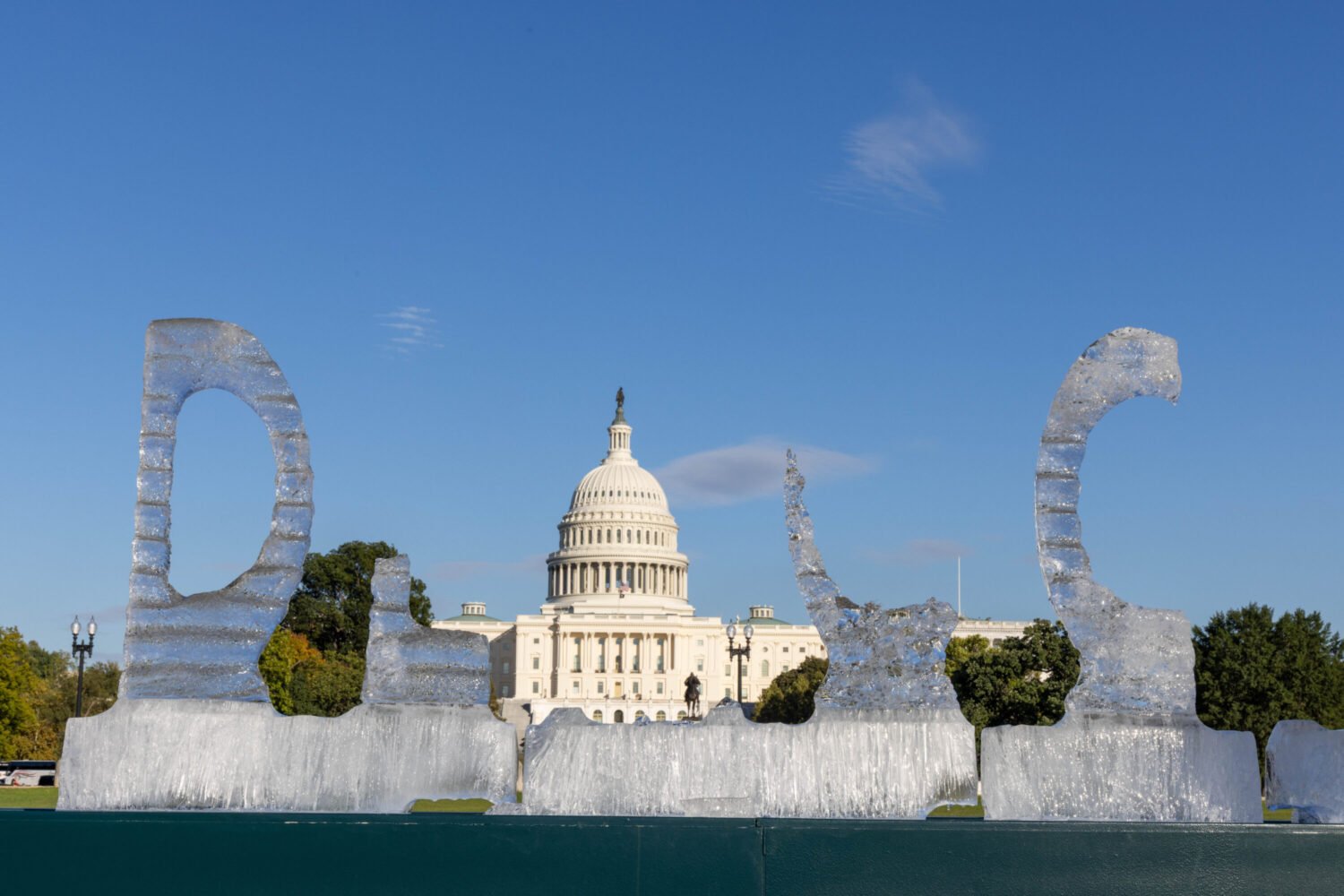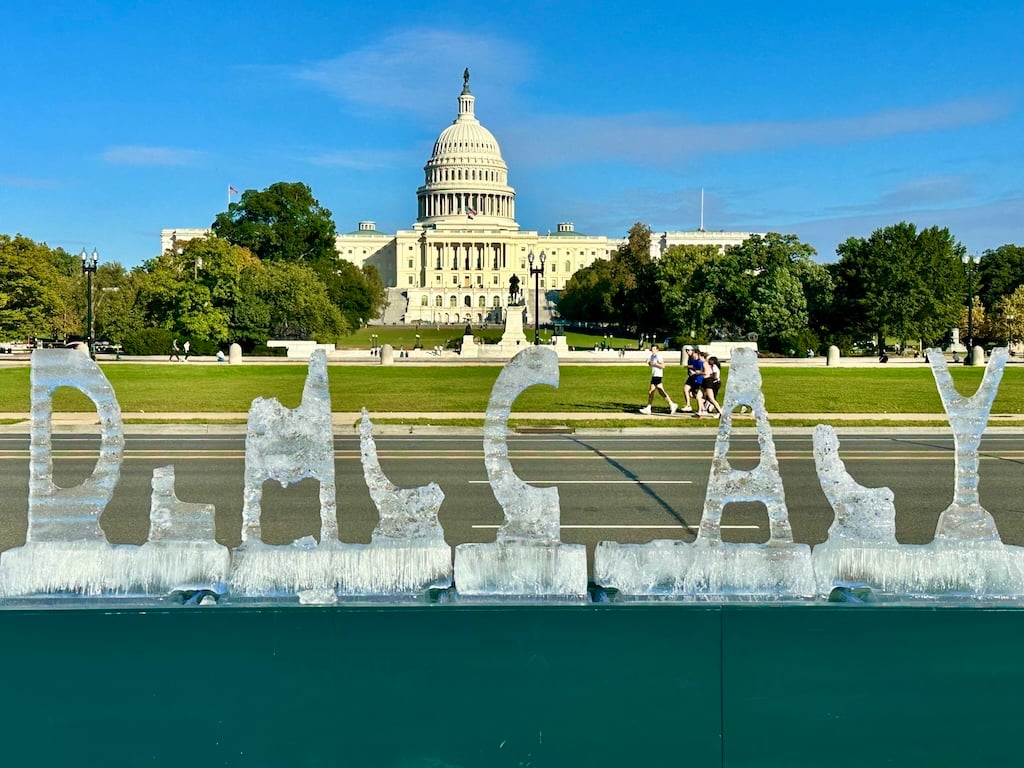Shifting guidance on who can and should get the Covid-19 vaccine has created confusion among public health experts and the public alike in recent days. Health Secretary Robert F. Kennedy Jr. said that the Centers for Disease Control and Prevention (CDC) would withdraw its recommendation for children to be immunized against the virus. But updated advice on the CDC website later in the week did not align with his statement, saying children “may receive” the vaccine. Let’s try to make sense of it all.
Is Covid still a threat?
Vaccination rates across the country have continued to fall since the height of the pandemic, but the coronavirus never really went away. Some 11,707 Americans have died from the virus so far this year, according to CDC data.
A new variant, NB.1.8.1, has caused a surge in hospital visits in China and is now taking hold around the world. A handful of cases have been detected among international travelers at airports in several US states, including Virginia.
How is the policy changing as to who can get a vaccine?
The Food and Drug Administration has said this fall’s updated vaccine will for now only be approved for “high-risk persons—which it defines as adults over the age of 65 or with certain medical conditions, including asthma, cancer, diabetes, and heart conditions. Vaccine manufacturers will be required to conduct additional large studies to evaluate the safety and effectiveness of their jabs for other Americans.
The revised approach follows a risk-based model already in place in Canada, Australia, and some European countries, but some public health experts have expressed concern that the decision circumvented experts on the FDA’s independent vaccine advisory board.
Late last week, the FDA approved Moderna’s latest Covid vaccine for use in adults 65 and over or those between the ages of 12 and 64 with at least one underlying health condition that places them at increased risk. This is similar to an earlier approval for the latest shot from Novavax.
And what about the new CDC guidelines for children and pregnant women?
Last Tuesday, Kennedy said that Covid shots would be removed from the immunization schedule for “healthy children and healthy pregnant women.” The change reportedly blindsided agency experts; previous guidance had called for all children over six months of age to be vaccinated and the CDC continues to list pregnancy among the medical conditions that may place an individual at severe risk of Covid.
Updated advice on the CDC website now touts what it calls “shared clinical decision-making.” It says children under 18 “may receive” the vaccine “informed by the clinical judgment of a healthcare provider and personal preference and circumstances.” For pregnant adults, the CDC formally offers “no guidance/ not applicable” on its immunization schedule recommendation.
Responding to media criticism that the new guidance was a contradiction or reversal of RFK Jr.’s announcement, the HHS wrote on X: “The COVID-19 vaccine schedule is very clear. The vaccine is not recommended for pregnant women. The vaccine is not recommended for healthy children. Any decision by a parent to vaccinate their child outside the CDC recommended schedule should be made in consultation with their healthcare provider.”
How will these changes impact your ability to get a vaccine and get it covered by insurance?
Americans who are looking to boost their protection but are outside the high-risk group may soon find it harder and more expensive to get the vaccine.
Insurance usually covers vaccines only for approved groups. Out-of-pocket costs for those whose insurance does not cover the shot are currently around $200, one downtown DC pharmacist told Washingtonian. This matches information on the CVS website that says uninsured customers will pay $198.99 per dose. A spokeswoman for the pharmacy chain said it is “monitoring any changes that the government may make regarding vaccine eligibility.” A Walgreens spokesperson said that it will administer Covid shots “in full compliance with applicable laws.”
Dr. Kawsar Talaat, an associate professor at the Johns Hopkins Bloomberg School of Public Health, notes that the new restrictions will likely lead to lower vaccine stock, hiking the out-of-pocket costs for procuring and administering the shot. “We are in completely uncharted territory,” she says, because “decisions on health care for the nation are being made in a non-transparent fashion by bureaucrats and politicians, and not by those who are truly independent experts.”
It remains unclear when exactly the tighter limits will go into effect. Officials at the Department of Health and Human Services and at DC Health did not respond to requests for comment. As of now, you can still schedule a vaccine appointment at your local pharmacy without restriction and, if your insurance already covers the vaccine, expect to still have the cost covered.

